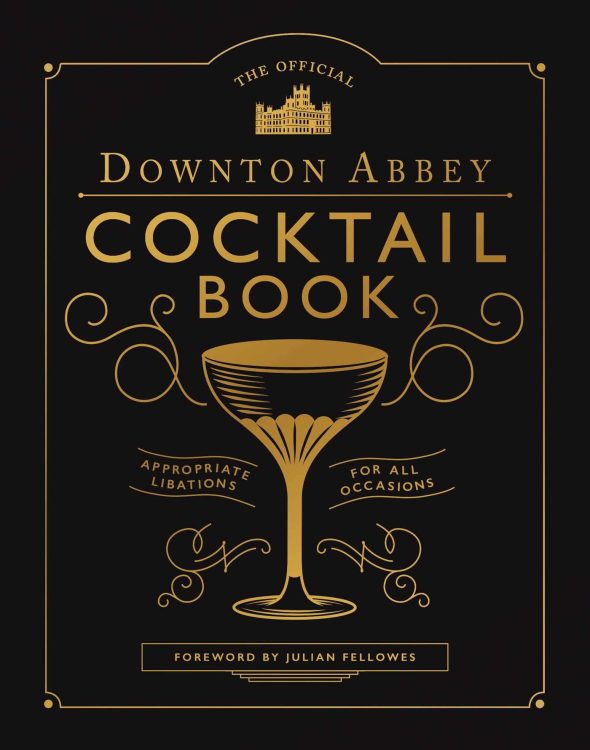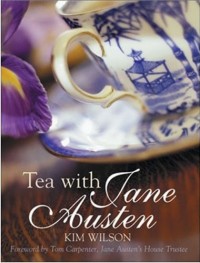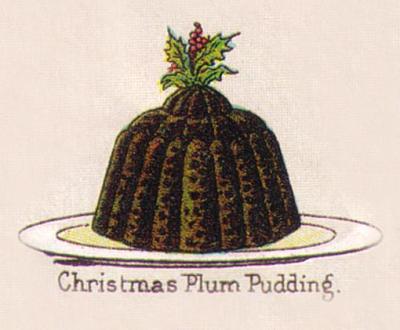From the desk of Tracy Hickman: One of my favorite Austen quotes from her letters concerns food: “I shall eat ice and drink French wine and be above vulgar economy.” This was penned in anticipation of a visit to Godmersham, where her brother Edward provided luxuries beyond Jane’s regular fare. From the white soup... Continue Reading →
A Preview of The Official Downton Abbey Cocktail Book: Appropriate Libations for All Occasions, by Annie Gray, and Foreword by Julian Fellowes
From the desk of Laurel Ann Nattress: "Drinking is very important at Downton Abbey. At least three types of wine are served at every upstairs dinner, plus port for the gentlemen after it. There's alcoholic punch at parties, plenty of Champagne, and, as the years go by, the gradual adoption of the cocktail." And so,... Continue Reading →
The Jane Austen Rules: A Classic Guide to Modern Love, by Sinead Murphy – A Review
From the desk of Tracy Hickman: When author Sinead Murphy chose to title her guide to modern dating The Jane Austen Rules it was guaranteed to generate a certain amount of controversy. In the mid-1990s, a dating guide titled The Rules became famous (or infamous, depending on your point of view) for imparting to women... Continue Reading →
Jane Austen and Food, by Maggie Lane – A Review
From the desk of Sarah Emsley: Is it easier or harder to write if you’re also responsible for feeding and looking after your family? “Composition seems to be impossible, with a head full of joints of mutton and doses of rhubarb,” Jane Austen wrote to her sister Cassandra in September 1816, after a period in... Continue Reading →
A Social History of Tea: Expanded 2nd Edition, by Jane Pettigrew & Bruce Richardson – A Review
Tea passed pleasantly, and nobody seemed in a hurry to move. – Jane Austen, Emma, Chapter 41 Taking tea is so quintessentially British. You cannot think of that noble nation without envisioning its residents with a teacup in one hand and a cucumber sandwich in the other. English novelist Jane Austen mentions tea no less... Continue Reading →
Dinner with Mr. Darcy: Recipes Inspired by the Novels and Letters of Jane Austen, by Pen Vogler – A Review
Imagine eating white soup with Mr. Darcy, roast pork with Miss Bates, or scones with Mr. Collins! Just thinking of those dishes transports me back into the scenes in Jane Austen’s novels and makes me smile. In Dinner with Mr. Darcy, food historian Pen Vogler examines Austen’s use of food in her writing, researches ancient... Continue Reading →
Tea with Jane Austen, by Kim Wilson – A Review
We are always happy to see an author’s work go into a second edition, especially when they are as deserving of reprint as Kim Wilson’s beautiful Jane Austen-inspired books: Tea with Jane Austen and In the Garden with Jane Austen. Previously published in 2004 and 2008 respectively by Jones Books in the US, this new... Continue Reading →
A Preview of The Jane Austen Handbook & Guest Blog with Author Margaret C. Sullivan
Please welcome the author and editrix of AustenBlog Margaret Sullivan today. She has graciously consented to share some thoughts on her newly re-issued The Jane Austen Handbook, a lighthearted how-to book for every Regency Miss in the making. BOOK DESCRIPTION Every young lady dreams of a life spent exchanging witty asides with a dashing Mr. Darcy,... Continue Reading →
The Jane Austen Handbook: Proper Life Skills from Regency England, by Margaret C. Sullivan – A Review
Everyone loves a new frock to brighten their day, and authors are as equally excitable when it comes to re-issues of their works. We were very happy for Margaret C. Sullivan of AustenBlog fame when we learned that her excellent The Jane Austen Handbook (2007) hardcover edition was getting a second go round from its... Continue Reading →
Regency-era English Christmas Pudding: American Fruitcake’s Kissin’ Cousin
I recently read the delightful Regency-era Christmas novel The Mischief of the Mistletoe, by Lauren Willig. Our hero Reginald “Turnip” Fitzhugh and heroine Arabella Dempsey are brought together by a Christmas pudding! Yep. A very creative ice-breaker to introduce and spark a romance, right? In 1803, Arabella is an instructor at Miss Climpson’s Select Seminary... Continue Reading →








